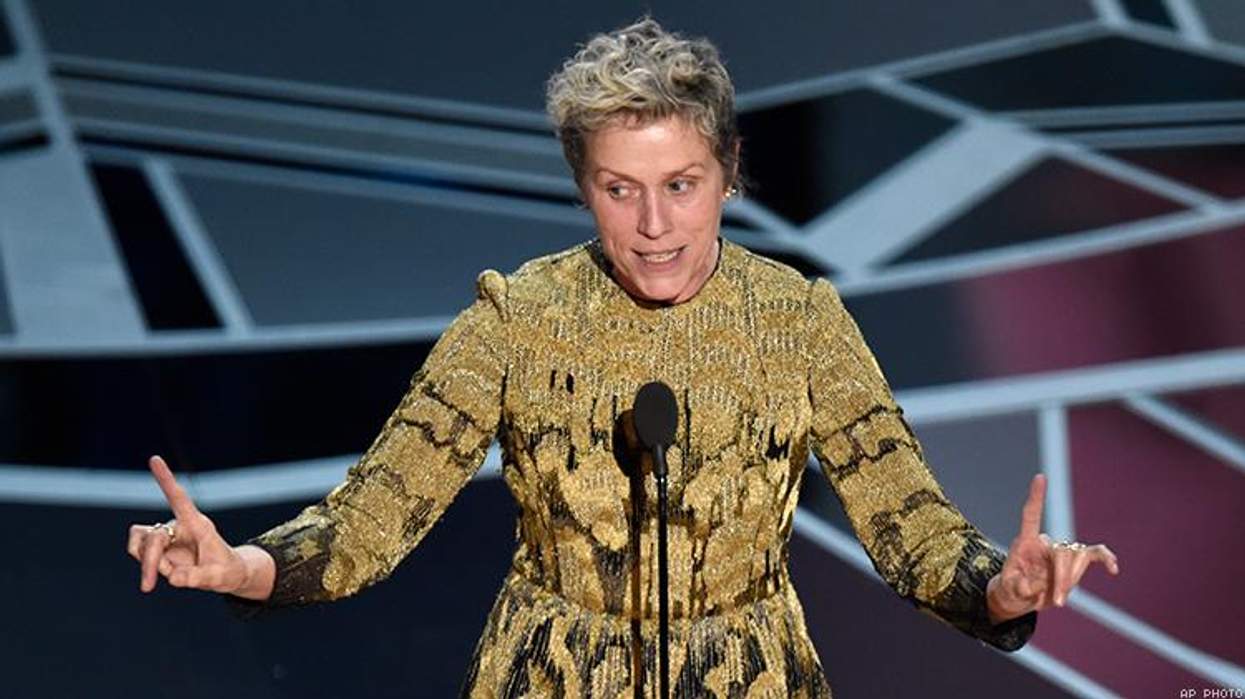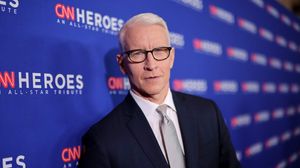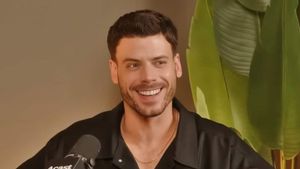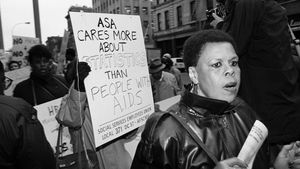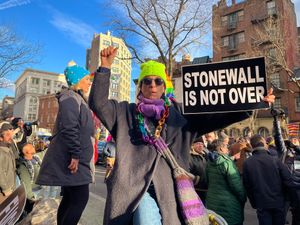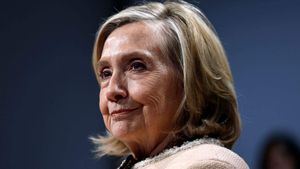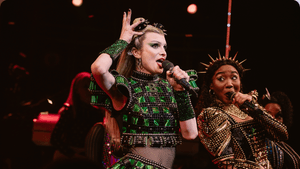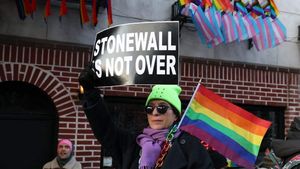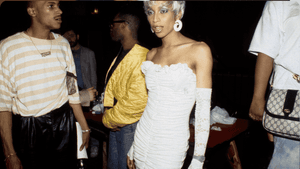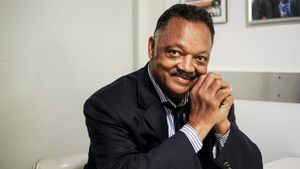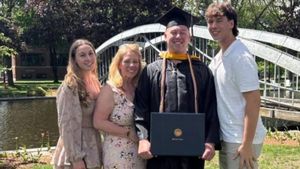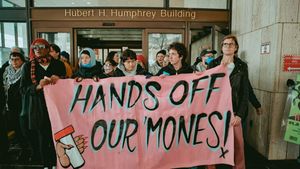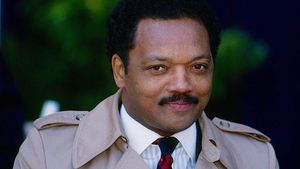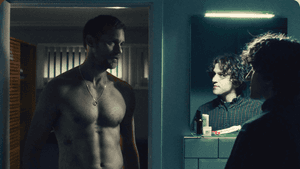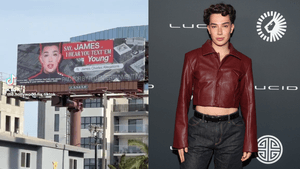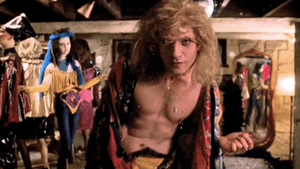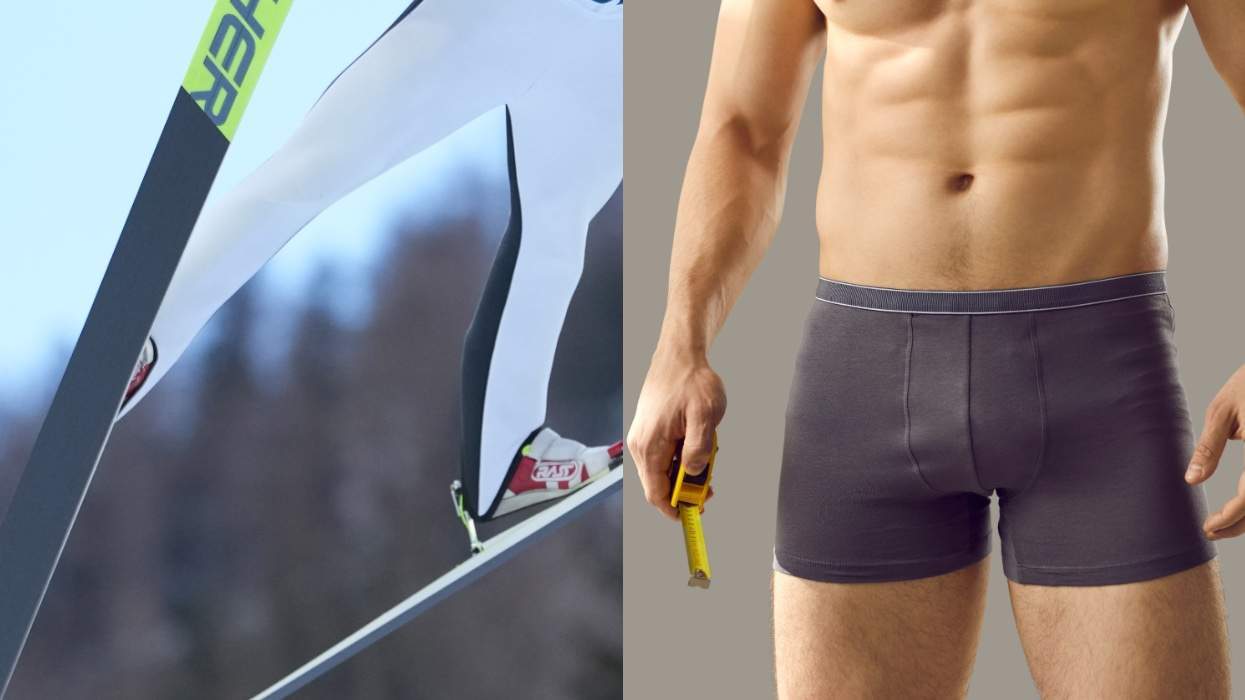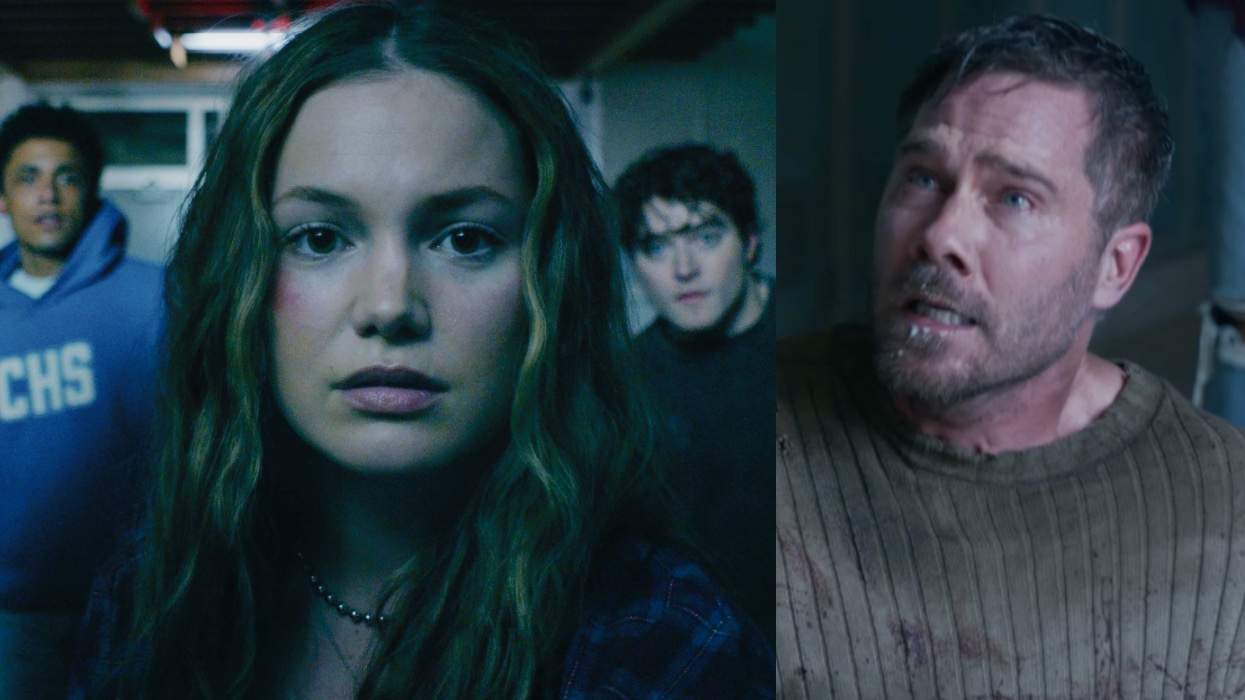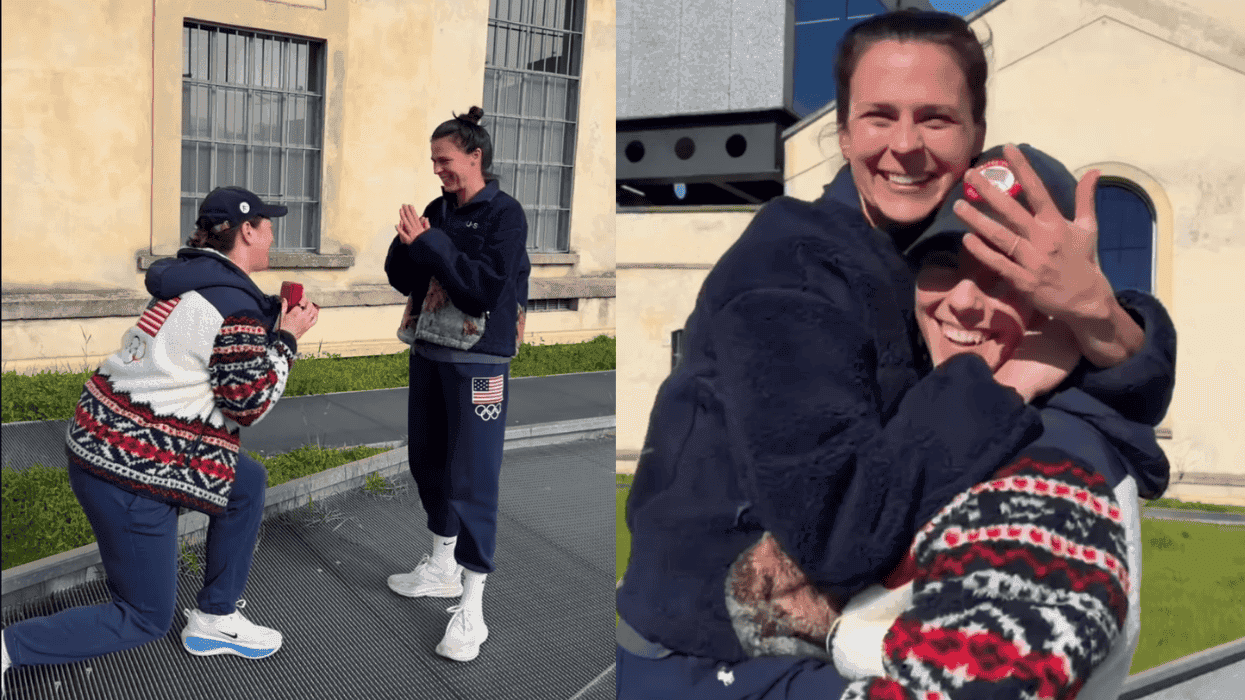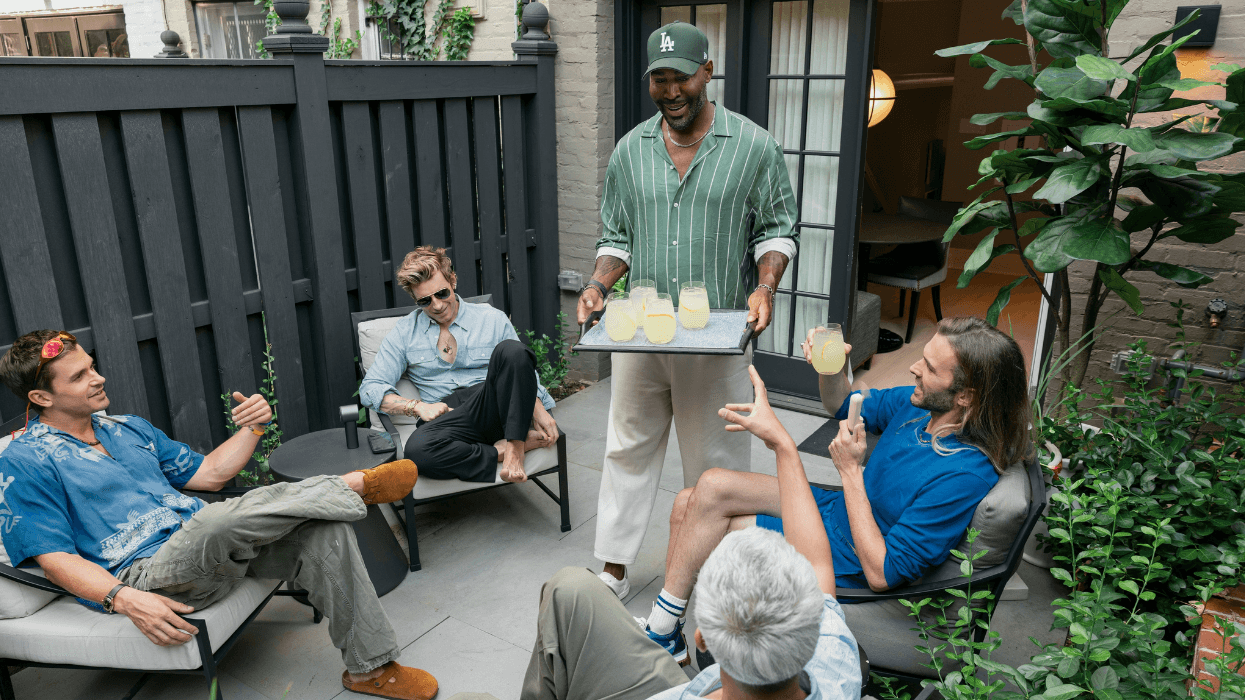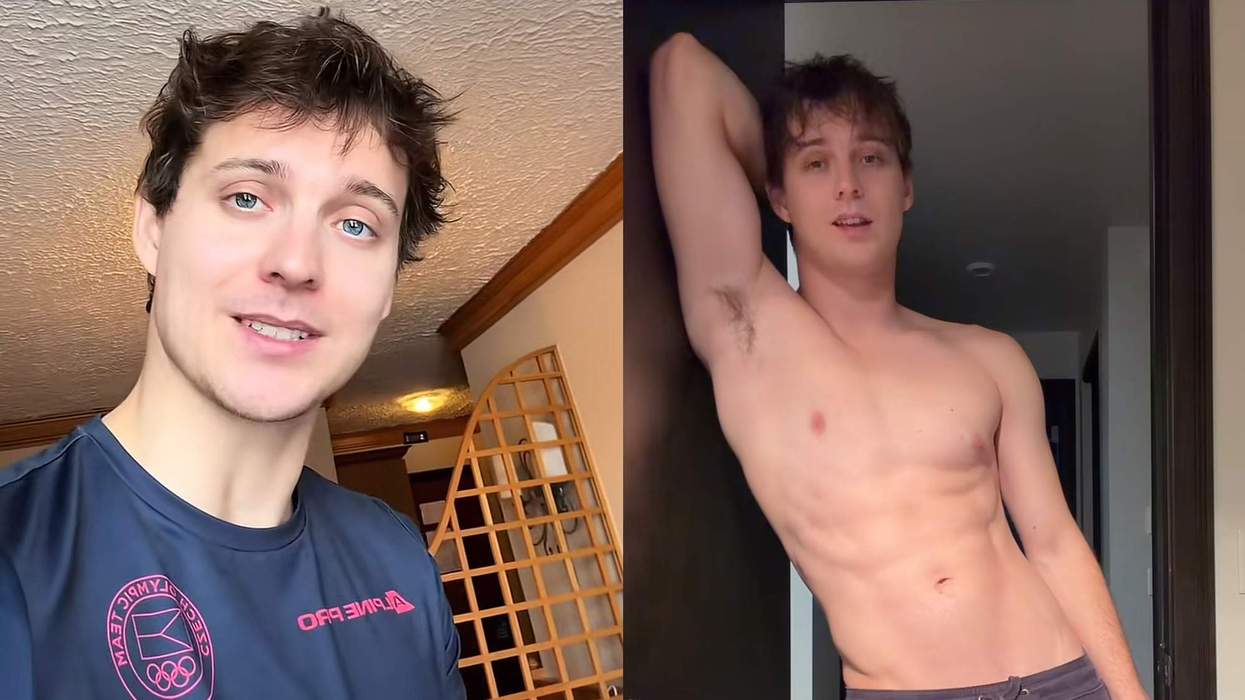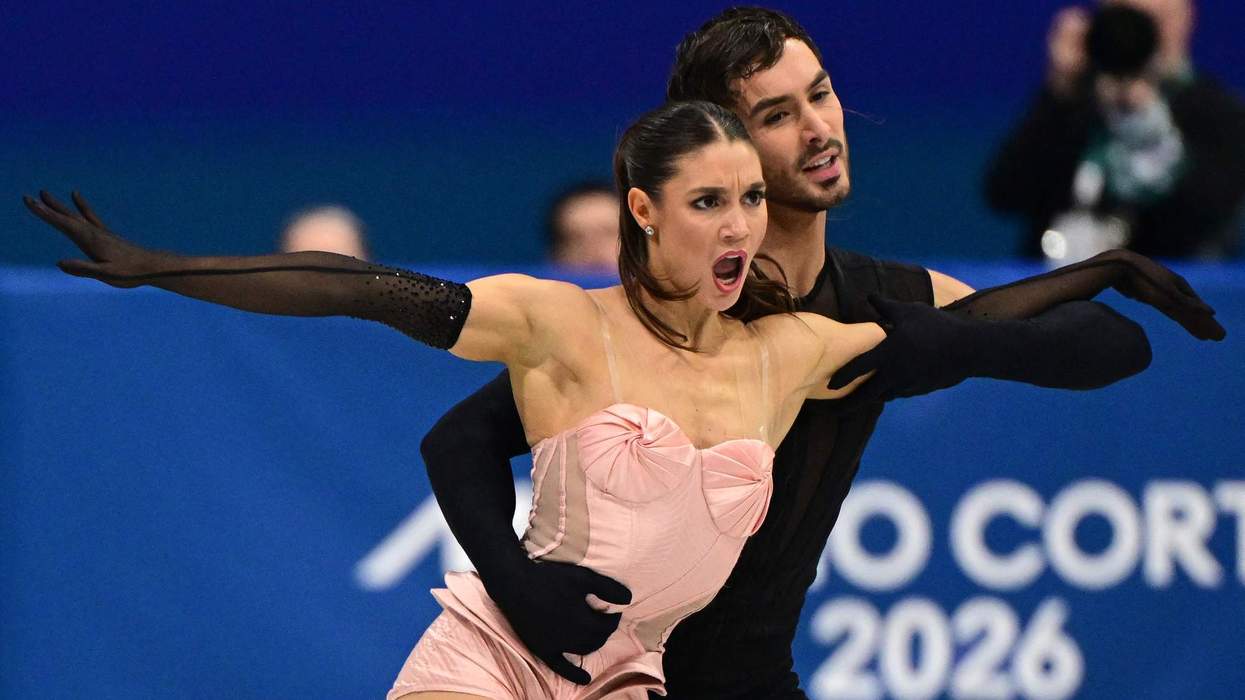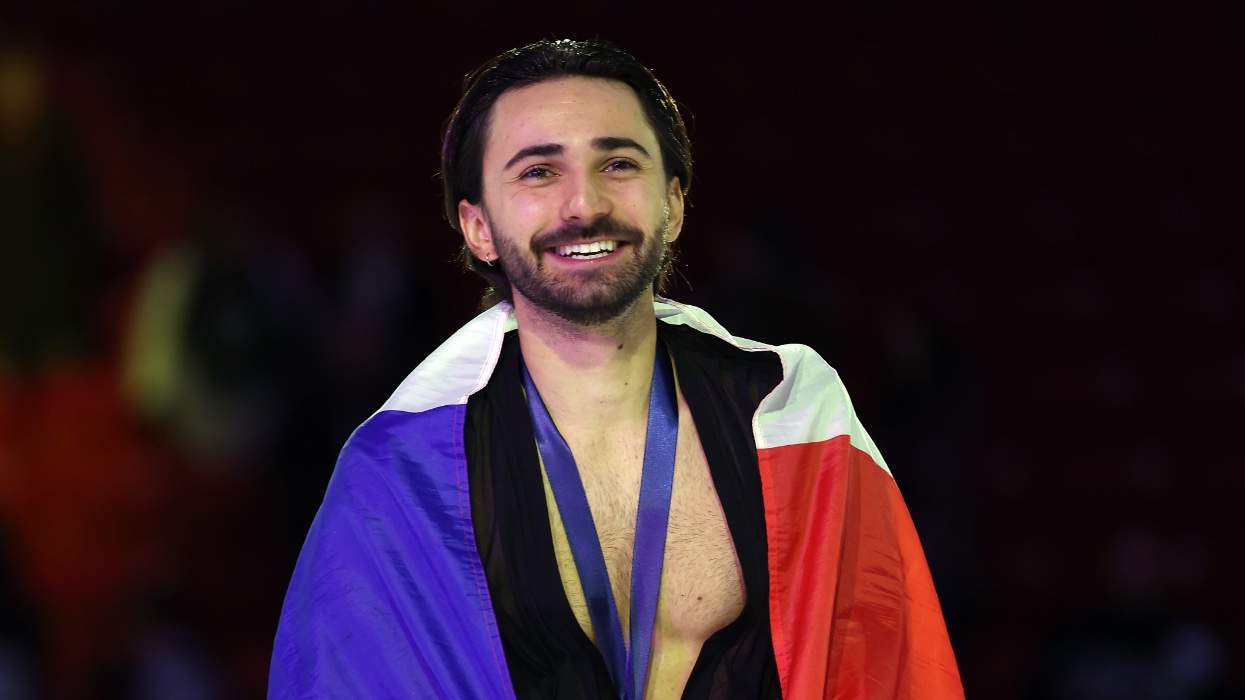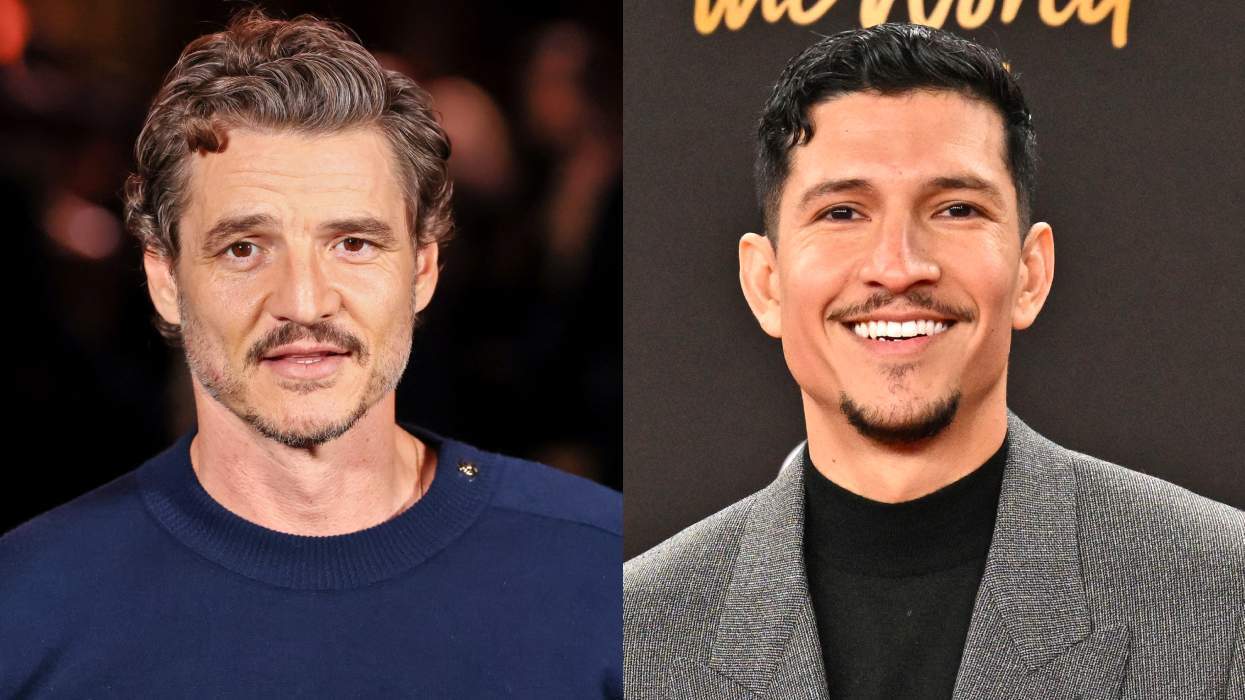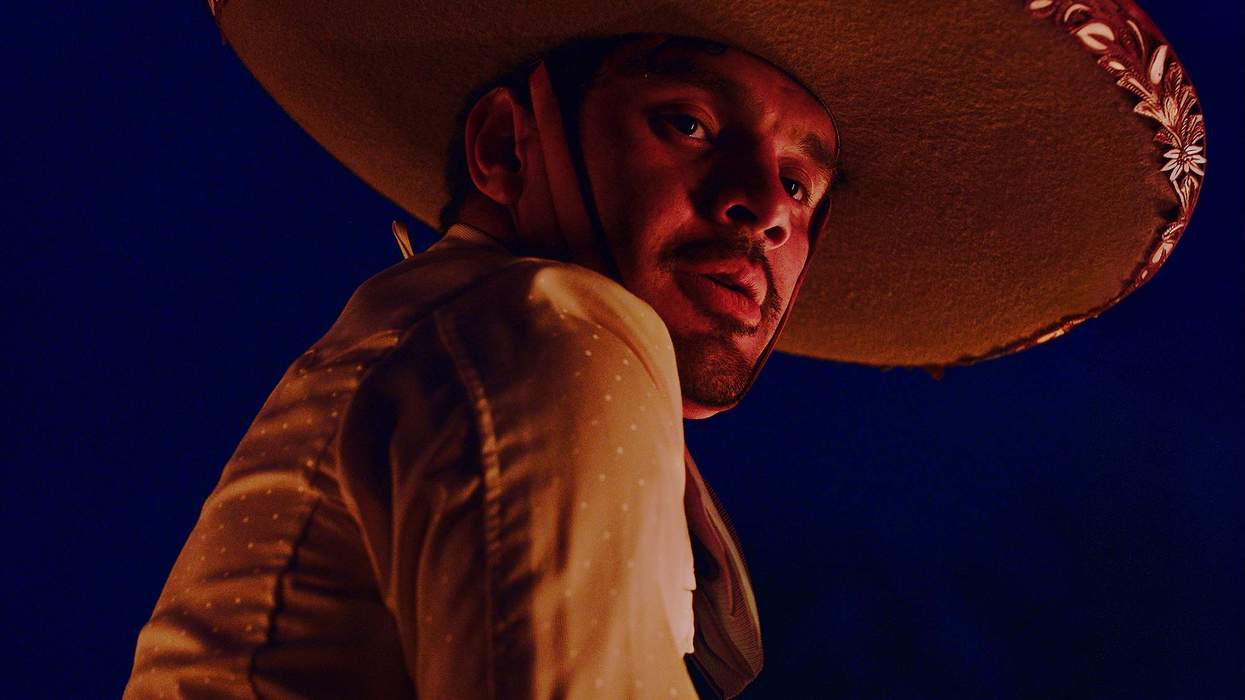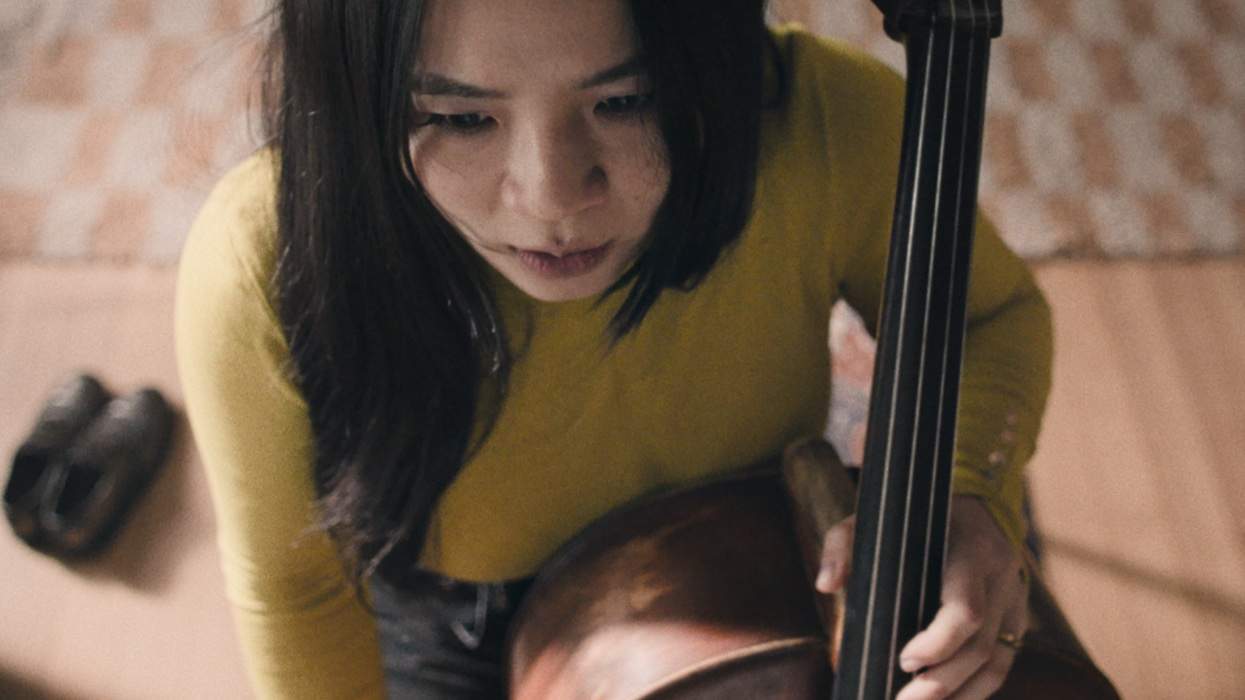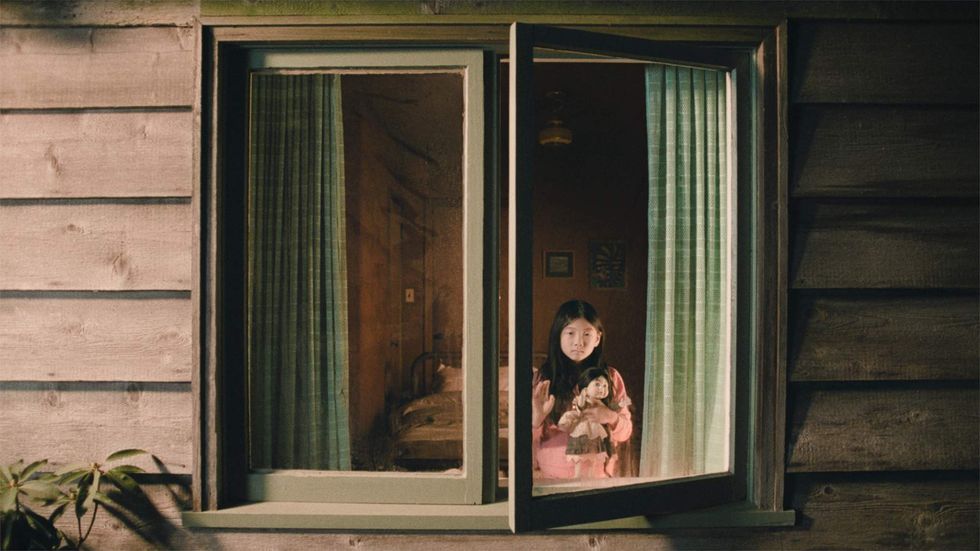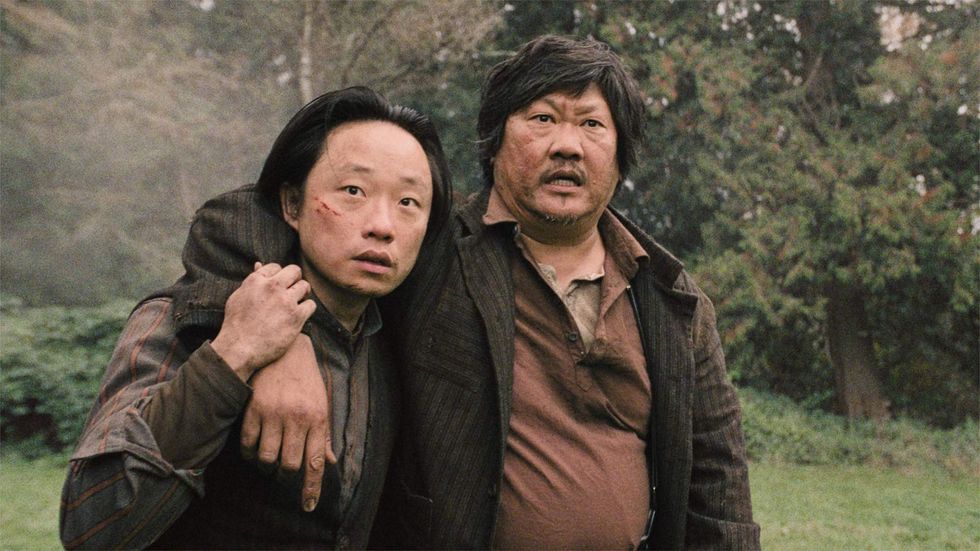Remember when everyone noticed that the Grammys spent endless airtime on how we need to recognize women — without actually recognizing them in any meaningful way? Well, the 90th Academy Awards does what the industry does best, talk the talk without walking the walk.
In the #MeToo era, Hollywood has been forced to face how women in the industry have not just been underrepresented onscreen, but subject to intimidation, humiliation, and violence when trying to make their way there. Actresses and female filmmakers have been speaking up in vulnerable, moving ways — but at the 2018 Oscars, their voices were largely left unheard. To those who cares about the state of female storytellers, the awards were a complete disappointment.
Yes, the Oscars had a nice supercut talking about the importance of representation. Yes, many of the female acting nominees played dynamic, complicated women. Yes, Frances McDormand’s speech deserved an Oscar in itself. But her call for “inclusion riders,” a contractual agreement when a creative signs up for a film that representation of women and minorities is mandated for the production’s cast and crew, is so potent because it is still necessary. Female crew were not included in the Oscar ceremony.
Not a single woman won by herself in a category that wasn’t specifically for women. Not for sound mixing, sound editing, costume design, visual effects, cinematography, screenwriting — anything. Now, these are not crafts that require physical bulk or brawn that make men physically more inclined to do them. Sound designers lift buttons on a mixing board, not cranes. Screenwriters use pens, not c-stands. Hell, even directors of photography don’t actually operate the heavy cameras. They are the creative voice behind the craft, and this year, once again female creativity was sidelined.
This might not make sense for people who witnessed some really great on-screen representation in films like The Shape of Water, Three Billboards Outside Ebbing Missouri, and Lady Bird. The tales of resilient women are in vogue, and getting prestige. But aside from Lady Bird, the only film truly spearheaded by a female creator were told by men. As the female experience gets in vogue, men are being rewarded for showing their supposed bravery. It’s insulting, really.
The Shape of Water, the brainchild of Guillermo del Toro, was produced by only men. Its Oscar-winning score, production design, and costume design was created by men only. The film was co-written by Vanessa Taylor, but the script didn’t take home a golden man. Three Billboards was written and directed by Martin McDonagh. Of its producing team of nine, only one was a woman. The movie touts an exceptional and nuanced female character, who was shot, scored, edited, and sound designed by men and men alone. A quick visit to IMDb will tell you that its camera, sound, and music departments are nearly entirely male as well.
Note that I, Tonya, which scored multiple nominations for editing and acting was snubbed from the Best Picture slate. I, Tonya was edited, production designed, and costumed by women, yet unrewarded for it. Produced by Margot Robbie, it was one of the few films this year truly spearheaded by female creatives, yet it lost its spot to The Darkest Hour, Dunkirk, and Phantom Thread. None of these films, which can't even pass the Bechdel Test, had as much cultural impact as Robbie's dark comedy. Just check how many think pieces about these flicks about brooding men have been on your newsfeed.
This article's point is not to diminish the positive representation, or amazing work by del Toro or McDonagh. I’m thrilled that Jordan Peele won for Get Out, his mesmerizing and complex commentary on race in America. I understand that there are many kinds of oppression, and there were several steps forward taken last night.
Congrats for Call Me By Your Name’s screenplay for inviting straight people into the soft beauty of queer love. A Fantastic Woman’s victory is one for all trans people and actors tired of Hollywood pretty boys representing them on-screen. But as its trans-star Daniela Vega stood on-stage in silence as the movie’s straight director accepted the award, it was hard not to wish that Julia Ducournau’s brilliant horror experiment Raw was onstage.
Do not be fooled by seeing a bunch of your favorite actresses being badass. This is not a true commitment to female representation. This is not the goals of #TimesUp realized. Actresses are muses, they are not voices. The art of performance is leaving your identity behind for someone else's.
Acknowleging women’s stories is not as meaningful as embracing women who tell them. A win for lesbian cinematographer Rachel Morrison is a win for every girl with a camera and a dream. A win for Greta Gerwig is a win for girls who were told their entire lives that no one wanted to hear about their upbringing. A win for Agnès Varda, the director of Faces Places, is a win for girls who document the strange. It’s a necessary acknowledgement that they are the ones who gave birth to cinematic movements like the French New Wave.
Last night, none of these things happened. There a lot of talk about transformation, but for women, little change.
I love Meryl Streep. I love Allison Janey. I love many female actresses and love hearing them accept awards and challenge standards. But I understand that their victories are less meaningful than those behind the camera.
When the Academy awards Dee Rees, Kathryn Bigelow, or Ava Duvernay, even when they are telling stories about men, their acknowledgement is more empowering for women. It shows the value in being heard rather than seen. Women create magic in what women have to say, rather than how they say it.
ARIEL SOBEL is an editorial assistant at The Advocate.
